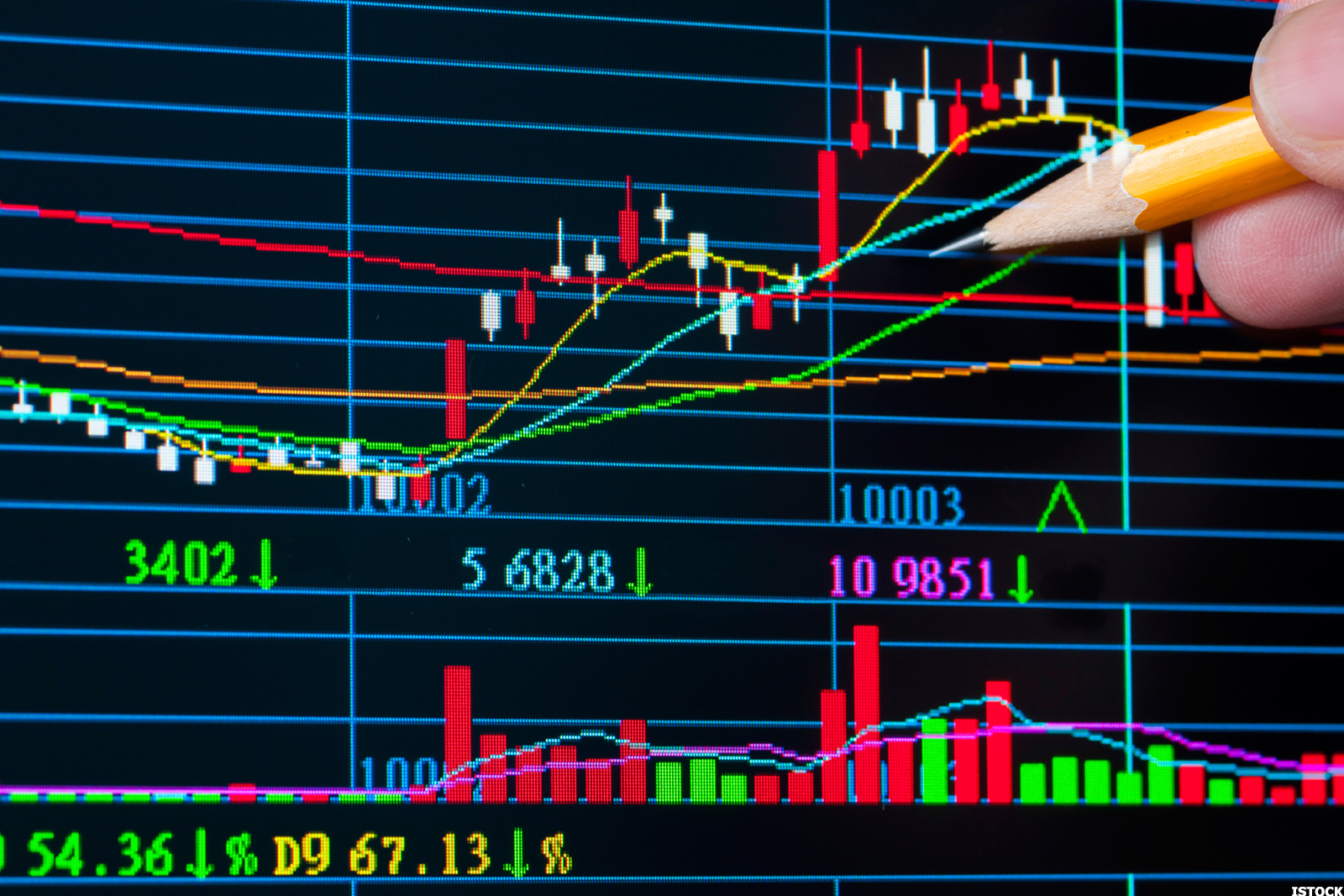

Trading stocks can be a lucrative venture, but riskier assets can be volatile. Before you set your sights on trading, you need to make sure you have all the pieces in place to create a successful trading program. Here are seven things you need to verify before you start to trade the stock market.
1 Make Sure You Trust Your Broker
There are several great brokers that provide access to equities. You want to perform due diligence and make sure there are no red flags that could set you back. Prior to depositing capital with a broker, make sure you find out if your broker is regulated, and has a track record. Don’t fall for gimmicks like bonuses that try to entice you to deposit your capital that has a sketchy past.


2 Test Drive the Trading Platform
Before you place your first trade, you want to make sure you understand how to navigate through your broker’s trading platform. Make sure you understand how to manage your balances and positions, as well as, how to place a trade and view your risk. If you are not sure, touch base with your broker and ask for a tutorial before you place your first trade. Some brokers will offer you a demonstration account that will allow you to test drive the platform before you place a real trade.
3 Make Sure You are Familiar with a Trading Mobile App
If your broker offers a trading app, evaluate how it performs when you are on the go. Mobile apps are excellent tools for traders that need to trade when they are away from their offices. You should be able to quickly navigate and execute trades, sew your risk as well as monitor your balances. You also want to make sure you can generate deposits and withdrawals directly from your mobile App.
4 Develop a Plan
Prior to generating risk, it’s imperative that you come up with a comprehensive trading strategy. This should include several ways that you initiate positions as well as a risk management strategy that allows you to trade your capital prudently.
5 Understand Trading Instruments
When you trade stocks there are several instruments that you can use to generate risk. One of the popular instruments is the contract for differences (CFDs). This instrument is a leveraged product that tracks the movements of stocks without requiring significant capital. Make sure you understand the risks involved in CFDs before you risk your capital.
6 What is Margin
Margin allows you to borrow capital from your broker to trade equities. Your broker will offer you leverage that can increase the returns you will receive significantly, but it does come at a risk.
7 Learn Technical Analysis
Before you trade stocks, you should educate yourself on different types of analysis. One of the more popular ways to trade is to evaluate historical price patterns. Technical analysis includes support and resistance techniques, momentum, as well as sentiment. You broker will likely offer educational information on technical analysis including videos.